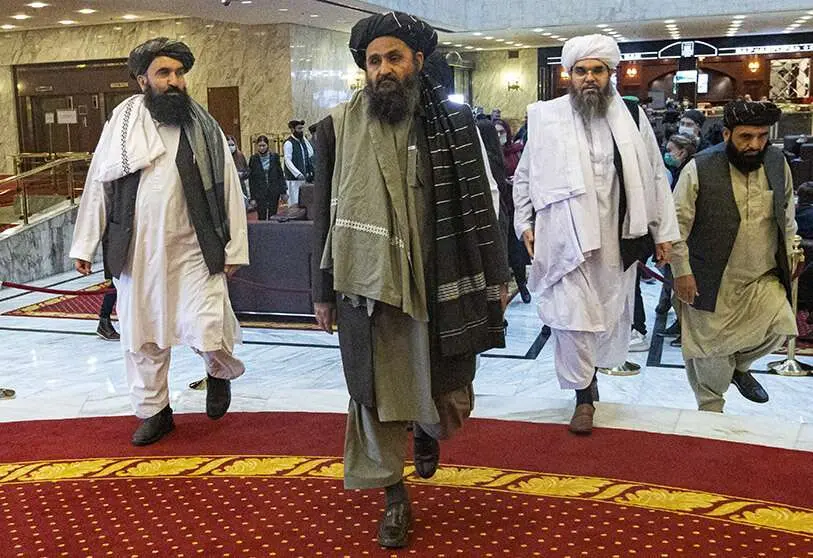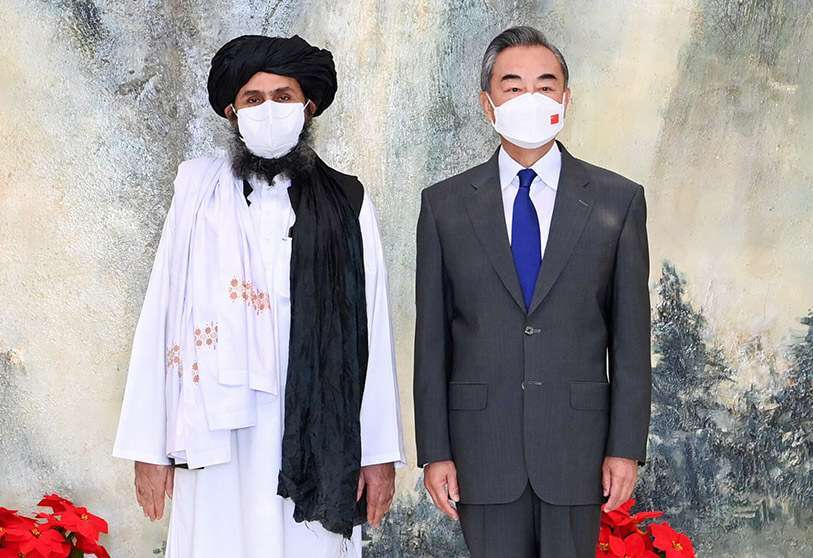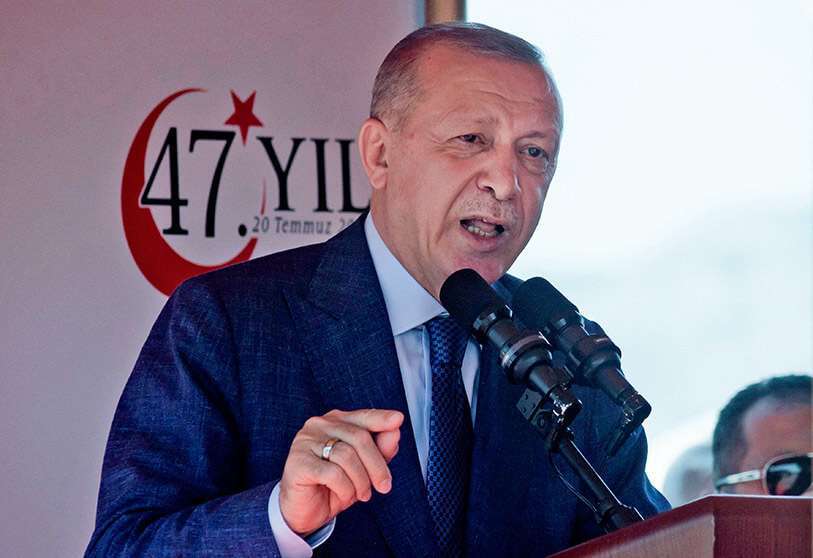The possible political alliances of the new Islamic Emirate of Afghanistan

The Taliban have managed to take control of Kabul with little resistance. With the fundamentalists' rise to power in Afghanistan, new alliances are already in the making. The new Islamic Emirate has declared that it does not want to live in isolation, and so the Taliban have already initiated contacts with neighbouring countries such as China and Iran in view of their possible rise to power.
Iranian President Ebrahim Raisi stated that the defeat of the United States in Afghanistan should become an opportunity for a "lasting peace" in the neighbouring country. The Hamas movement, which rules de facto in the Gaza Strip, congratulated the fundamentalists after they came to power. Qatar, for its part, has become the great mediator between the fundamentalists and the former government in Kabul by hosting intra-Fghan peace talks.

But the two big countries that, a priori, look set to be of vital importance to the new Taliban regime are Russia and China, the US's great enemies. Both have hosted Taliban delegations in recent months and have stated that they are considering recognising the new government formed by the fundamentalists. In the face of Taliban expansion in Afghanistan, prompted by the withdrawal of international troops from the Central Asian country, China hosted a high-level Taliban delegation last July in a meeting that strengthened ties with the fundamentalists.
In this way, Beijing granted them a certain international legitimacy. Russia has also wanted to participate in the debacle caused by the departure of US troops from Afghanistan, but to avoid repeating the mistakes made by the former Soviet Union in the country. The Kremlin, despite promising to "do everything possible to avoid further escalation of the conflict", has finally taken a different path and has held talks with the Taliban in negotiations that Moscow hopes will secure guarantees that their activities will be limited to Afghan territory.

Moscow aims to secure what it considers its "backyard", which would correspond to Turkmenistan, Tajikistan and Uzbekistan. The Kremlin has set the red line at the border with these three countries, as well as the limit of what Russia is willing to engage in militarily. Russia's main interest in Afghanistan is to prevent instability in the Central Asian country from affecting Central Asian countries.
Turkey and Pakistan are also two countries with strategic interests in Afghanistan. Since US President Joe Biden announced the withdrawal of US troops from Afghanistan in April, Ankara has offered to manage Kabul's international airport. Faced with the vacuum of influence left by the withdrawal of international troops and the chaos unleashed by the Taliban's rise to power, Turkey is reportedly taking advantage of the situation to entrench itself and extend its economic and political influence in the country as part of a "broader strategy".

Turkey has been in contact with the Taliban to try to keep Turkish troops in Afghanistan under the pretext of securing Kabul airport. In this vein, Erdogan reported that Turkey is considering "managing the operations of Kabul airport" and noted that "it is a new era, now there are three main authorities in this: NATO, the United States and Turkey". In this sense, Turkey would like to maintain the "airport protection" mission, which would allow it to become an important and necessary actor in Afghanistan.
Finally, Pakistan has always played a rather ambiguous role in the Afghan conflict. The US, as well as Afghanistan itself, has accused Pakistan of being a major supporter and harbourer of fundamentalists. Islamabad has always denied links with the fundamentalist group and has tried to portray itself as a mediator between the group and the former government in Kabul. With the Taliban coming to power, Pakistan could face a wave of refugees that would destabilise the country.









